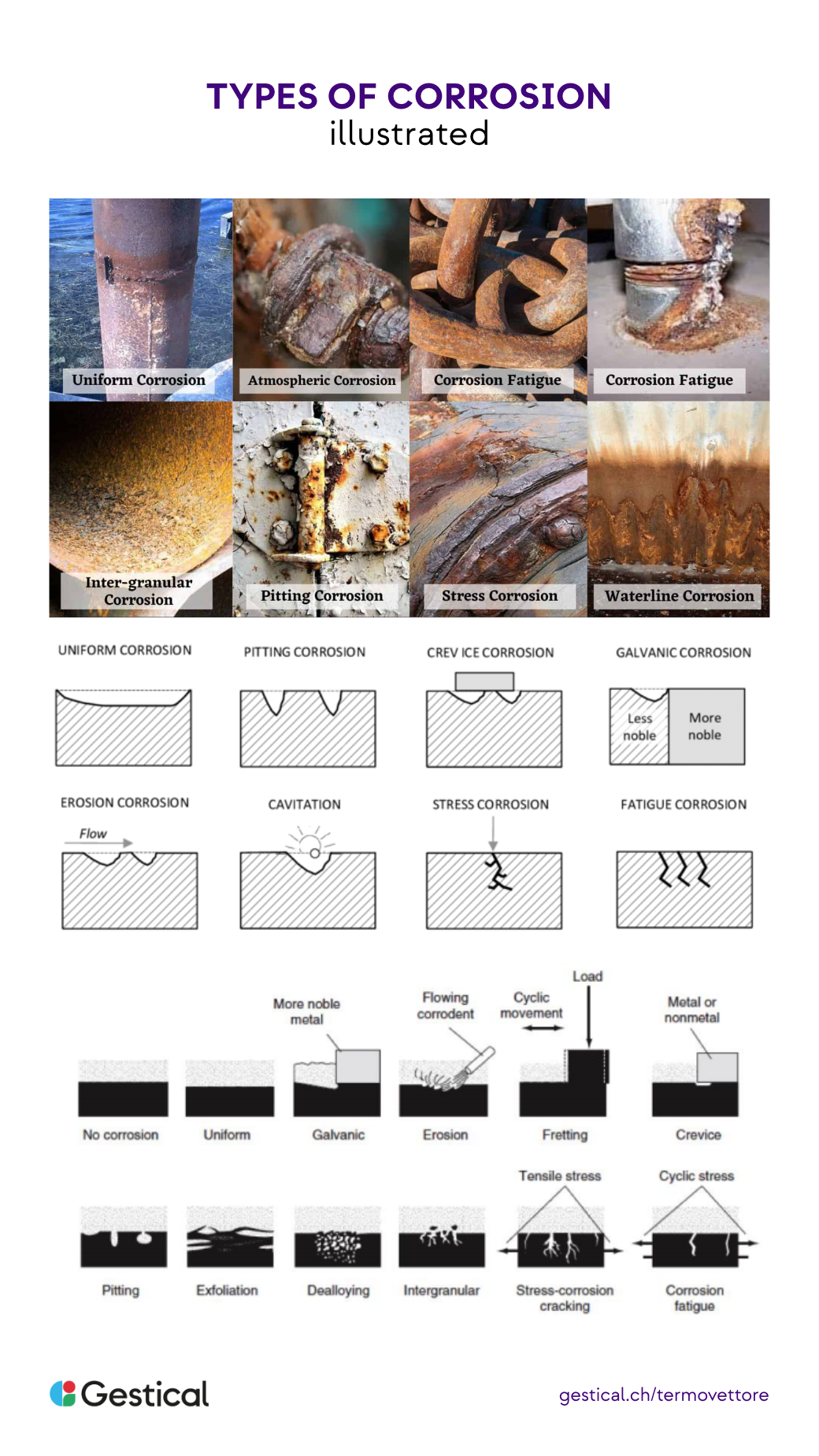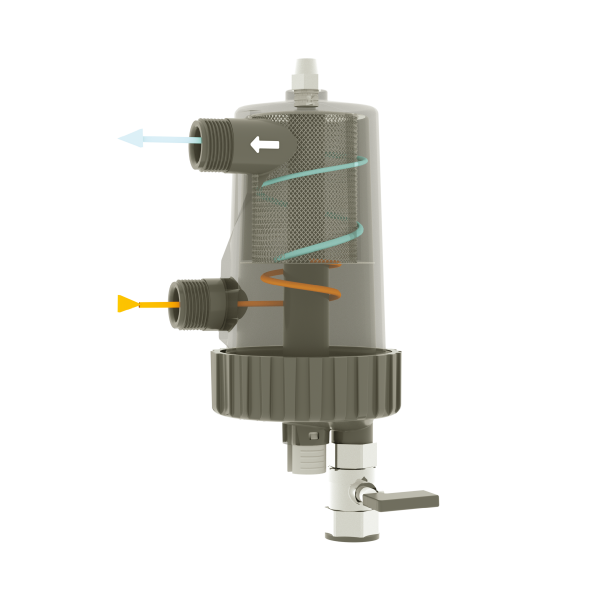What is Heat Transfer Fluid?
Definition: The heat transfer fluid is that substance in a liquid or gaseous state that, within a system, stores the thermal energy produced by a generator and transports it to the connected consumers.
The heat transfer fluid plays an essential role in achieving high efficiencies in thermal systems, but more importantly in maintaining them over time.
The advantages of water as a Heat Transfer Fluid
The advantages of the most widely used heat transfer fluid are availability, cost of water, and high heat transport capacity.
Compared with other materials, such as methyl alcohol (2512), tuolene (1687) and petroleum (2085), water has a specific heat value of 4186 (amount of heat absorbed given during a 1°C temperature change). Therefore, water has the ability to transport high amounts of heat. Disadvantages of water: scaling and corrosion
What is Limestone Scale
Limestone scale is deposits that form on heat exchange surfaces.
What it results in: reduced heat exchange and increased fuel consumption.
Solution: softeners or demineralizers or chemical stabilizers but does not guarantee 100 percent scale removal.
What are Corrosions and what happens when they occur?
These are chemical and physical phenomena that result in the degradation of metallic materials by the environment to which they are exposed. They occur in certain components of the environment such as water and oxygen. In natural environments there are always conditions for iron to corrode.
In closed environments, the oxygen in the water is depleted and the corrosive action stops. Air conditioning systems are not a closed system.
What happens with hot water? The hotter the water, the higher the concentration of oxygen (becoming more corrosive).
Pourbaix Diagram and pH scale: to determine the risks
The pH scale is used to determine the alkalinity (>7), acidity (<7) and neutral value of a solution (7). Together with the pH scale data and the potential value, the potential/pH ratio for the Pourbaix Diagram is obtained by which it can be determined under what working conditions the metallic material is at risk, immune, or partially protected from corrosion.
Before and After cleaning
Keep the heat transfer fluid and the pipes that connect your technical system clean, properly, to prevent failure or waste. Watch our impressive “before and after” video using our heat transfer fluid cleaning products that improves performance, longevity, and failure prevention for your technical system.
See here the case study in a condominium that Gestical has under management
Types of Corrosions
There are various types of corrosion: from generalized which is the most celebrated, orange-brown color, to intergranular corrosion which is less visible and penetrates deep into the metal material without leaving a trace on the surface.


Solution to the problems that water causes
The solution to the problems caused by water is inhibitors. There are various types (cathodic, anodic, direct, organic or filming) but the most effective, because it eliminates and reduces the oxygen content within the water, is the direct inhibitor.
How to determine how water is encrusting and corrosive?
With Langelier and Ryznar indices, it is determined how encrusting and corrosive the water used is. Through the parameters of temperature, hardness (how encrusting the water is), alkalinity, pH, and electrical conductivity, Langelier and Ryznar index data are obtained.
The parameters of the Langelier and Ryznar Indices
Langelier index (or saturation) parameters are: > 0 the water is encrusting, < 0 it is corrosive, on 0 it is in equilibrium (neutral)
Ryznar index parameters (or stability) are: > 6.5 the water is corrosive, < 6 it is encrusting, between 6 and 6.5 it is in equilibrium (neutral)
Read more about Langelier's index by clicking on the image below
Ryznar Stability Index Calculator
Langelier Saturation Index Calculator
What risks do softened and demineralized water have?
With the Langelier and Ryznar index, it is understood that softened water is always corrosive, demineralized water is always corrosive, and untreated “raw” water is scaling at hot temperatures and corroding at low temperatures.
What is the effective solution to make the best use of water as a Heat Transfer Fluid?
The solution is to use corrosion inhibitor that can also act as a scale inhibitor: Protect 1. Through this scientifically effective product, you will have no more hassles! This is not a method that uses word of mouth or promises miracles in words-it is science at work!
Why it is important what damage corrosions and encrustations can cause
Focus on page 37 into the parameters of the Langelier and Pourbaix indices
Products
Protect 1
protective product with anti-corrosive properties








